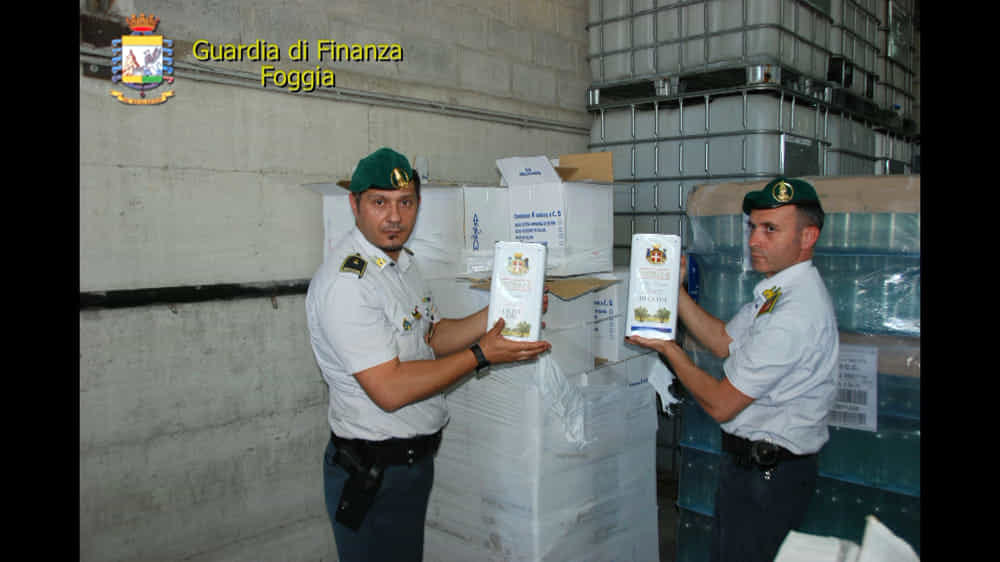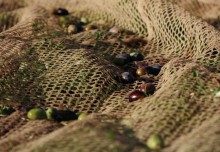
More and more frequently, we hear reports of brave magistrates investigating certain food giants, including those operating also in the oil sector. In most cases, the investigation relates to bottling an oil that is not the one described on the label.
Given that, in a civil society, this is clearly a scam (a fraudulent or deceptive act or operation), let’s look into this in more detail.
Quite simply: olive oil that is not extra virgin is being sold as such.
But if it is not extra virgin olive oil, what is it that we are being sold in these bottles? While the exact component changes, it is always oil. Oil that is not extra virgin olive oil. Very often, it is simple olive oil. This means oil that does not reach the quality standard set by law for extra virgin olive oil. We are not talking about poison. What we are talking about is that fact that we go out to buy a product, we pay good money for it and then we bring home something different and something less valuable.
At this point, let us make clear the distinction between the economic and nutritional aspects.
As far as money is concerned, it seems clear to me that if I pay for a high-level product or service and I end up with a lower level one, I am being scammed. None of us likes to get scammed.
The second evaluation concerns the food itself. The consumer opts for a product whose characteristics he/she knows. He/she chooses to use this product based on what the manufacturer and the bottle say. If there is a difference between what has been promised and what is delivered, by default the consumer lacks the benefits he/she expected to gain by consuming high-quality extra-virgin olive oil. Because of this scam, the consumer does not receive the expected amounts of polyphenols, fatty acids and other healthy components of good oil.
There may be different reasons behind this scam: technical error, incompetence or dishonesty. The result is still the same. Extra virgin olive oil can only do good, if that is really what it is.
Some tips for those of us who want to buy extra virgin olive oil:
- Look into the producer. If it is not too far from your home, you could even pay them a visit. This way you can see for yourself how the oil is being produced and look people straight in the eye.
- Check out the story behind the producer. Have they won awards? Are the officially recognised by standards agencies? If so, it is likely that the oil is being produced by people that strive for excellence.
- Compare the declared quantities of oil produced by the company with the size of the cultivated land and the number of trees. You should also check the type of crop (whether intensive or traditional) and their age. Does it all add up?
- Choose an organic company, always. Organic companies undergo an incredible amount of administrative and bureaucratic checks and chemical tests throughout the year. This does not provide a failsafe guarantee, but it is a consistent form of prevention.
- Make a reasonable assessment of what a quality product is worth. We can see many different prices on the supermarket shelves. If you really believe that you can take home a litre of extra virgin olive oil for euros, you need to think again!!!!
I know that some of these tips are not straightforward and easy to follow, especially for those who are not in the industry. But we must strive to understand how things work. Otherwise, we will always be pawns in the game played by the big food industry. Let’s try not to be their fools. Let’s try to improve our knowledge about what we eat. This is the only weapon we have. It takes some time and effort, but I think it is worth it, for our health and for our families.








